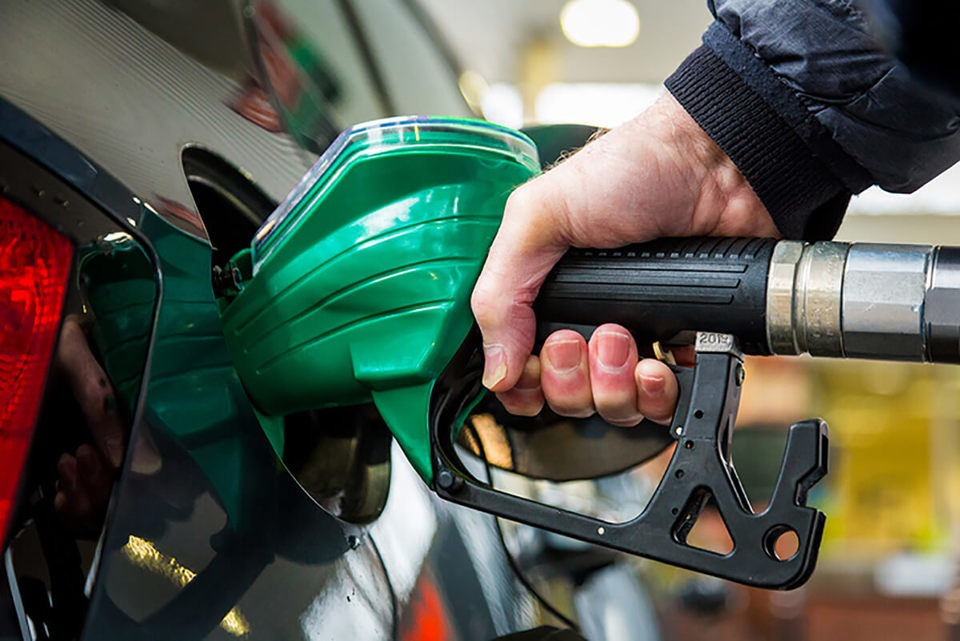Fuel duty receipts were down £88 million from April to June, when compared to the same period last year, according to new figures published by HMRC.
In its monthly bulletin, detailing tax receipts and national insurance (NI) contributions for the UK, HMRC data shows that it collected £6 billion in fuel duty during the two-month period.
In the last financial year (2024/25), HMRC collected is £24.6bn, which was £154m (1%) lower than the previous financial year (2023/24).
HMRC acknowledges that the decline in fuel duty is being primarily driven by a move away from diesel towards electric and hybrid vehicles.
Diesel fuel duty from 2024/25 was worth £14.9bn to the Treasury, which was £512m (3%) lower than the previous financial year.
Petrol receipts during in the last financial year (2024/25), meanwhile, were £9.5bn, which was £356m (4%) higher than the previous financial year.
Monthly fuel duty receipts
Source: HMRC
Sheena McGuinness, co-head of energy and natural resources at tax advisory firm RSM UK, said: “Revenues from fuel duties are continuing the downward trend, which is encouraging to see in terms of the increase in electric vehicles (EVs), supported by their increasing market share in terms of new car registrations.
“However, it does highlight the need for the Government to confirm what will replace fuel duties as a source of fiscal revenue.”
With fuel duty in decline, trade body Logistics UK is warning Chancellor Rachel Reeves against an increase to raise much-needed tax revenues and plug the shortfall.
Kevin Green, policy director at business group Logistics UK, explains, until alternative fuels are widely available and used across the industry, any increase in fuel prices would act as a brake on the sector’s potential to power growth and could have an inflationary impact right across the economy:
“The most effective way this Government could support our industry and help it to drive economic growth in the coming year is to not just avoid a rise in fuel duty, but to actually cut it,” argued Green.
“Logistics businesses ensure our shops, businesses, hospitals and homes are supplied with the goods they need. Increasing the duty payable on fuel, with no viable business alternative currently available, would not just hit our industry at a time when many businesses are struggling as a result of increased costs, but also mean an inflationary knock-on effect to consumers, who would receive a double whammy of increased prices in the shops as well as at the pumps.”
He added: “Rather than raising fuel duty, which would block off the growth our members could drive, we recommend Ms Reeves actually cuts it to kickstart increased economic activity and fuel growth across all sectors.
“With business uncertainty still high, a bold move is needed to support our members and ensure they can deliver confidently for customers and consumers.”
According to Logistics UK, a 10p per litre cut in fuel duty would reduce fuel costs across the country by almost £5bn a year for both industry and consumers, which would allow businesses to invest and help drive growth.
It would also help grow the economy through increases in consumer spending, putting money in the pockets of people up and down the country, says Logistics UK
“We are operating in sluggish times,” continued Green, “growth is now predicted to be 1.1% during 2025 and our Logistics Report shows that overall business confidence has declined compared to previous years. In this environment, we need a brave and confident Government to take the steps needed to jump start the economy.
“A significant cut to fuel duty will free up levels of cash which can then be used to invest in the key areas that help keep the country trading – a move that would give the whole country the boost it needs to kickstart the economy.”
With fuel duty generating more than £24bn for the Exchequer, the logistics sector contributes £5.43bn of this total, according to Logistics UK.
Fuel is a significant expense for logistics businesses, representing one third of the industry’s costs.
More than 60% of businesses surveyed for Logistics UK’s annual Logistics Report identified a reduction in fuel duty as the clear policy action they would like the Government to take to help drive investment and growth.
























Login to comment
Comments
No comments have been made yet.